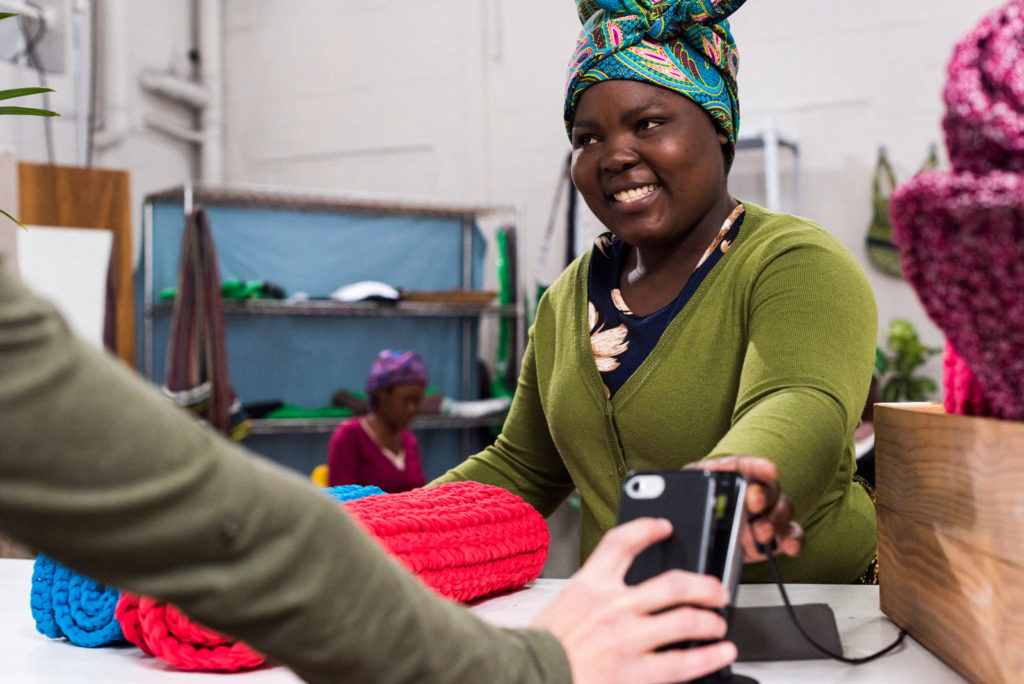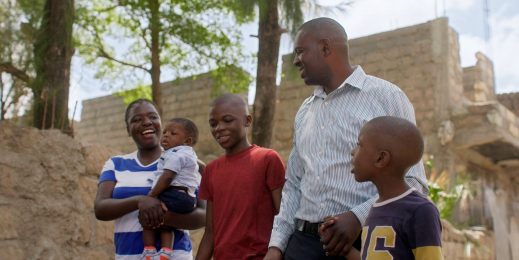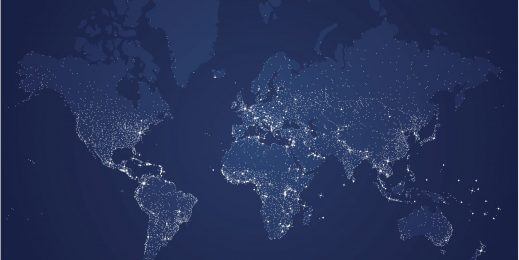
Unbanked Africa: Ripe for a FinTech-led Future
Johannesburg resident, Elizabeth Motadi, is no stranger to saving money. Every month, she and four of her friends diligently save a portion of their hard-earned cash in what is known as a “Stokvel”, a peer-to-peer savings circle. In South Africa, the practice of saving money in Stokvels dates to the 19th century when farmers and farm workers would collectively pool money to buy livestock at stock fairs.
These savings circles are common across Africa and are known by many different names. In Mali and Senegal, they’re called ‘Tontines’. In Nigeria, they’re commonly referred to as ‘Ajo’s’, ‘Esusu’s’ or ‘Adaji’s’, depending on the local dialect. In South Africa, they also go by ‘Mohodisanas’, ‘Gooi-Goois’ or ‘Makgotlas’, depending on which area of the country you are in and the type of savings circle you are talking about.
Each one operates in a different way, but the general premise is that subscribers contribute a fixed sum of money to a common pot and take turns collecting it after a certain period of time.
This method of saving originated as an alternative to using commercial banks, which are often unable to extend financial services to small-scale operators. It’s become a practical alternative in a region where more than 66 percent of the population is unbanked. South Africa alone has an estimated 11 million stokvel members, collectively saving US$3 billion in 820,000 stokvels annually.
Creating a credit history for the unbanked
While promoting an honest culture of saving, however, many of these circles have a shortcoming: Unconnected to banks or any formal system, subscribers can’t build up longer-term savings or credit histories – effectively going unrewarded for responsible financial behaviour.
This is where African entrepreneurs Bernie Akporiaye and Dr Tosan Oruwariye believe technology has the answer. In 2015 they developed MaTontine in Senegal, a software platform that allows tontine members to conduct all financial transactions digitally via mobile phones. The platform includes an in-built credit scoring system, which has given members the necessary track records to apply for and receive small loans at reasonable costs. MaTontine has reduced the cost of borrowing by as much as 75 percent – and members are also able to access a range of other services including micro-health insurance, prescription drug insurance, and bulk purchasing of phones, food, equipment and fertilizer. Coupled with a user base that is 90 percent female, MaTontine is unlocking a new world of financial independence for many in francophone Africa.
MoVAS Group, a FinTech start-up in East Africa, has a similar vision. Though not connected to tontines, their cloud-based platform analyses non-traditional data on mobile phones – such as mobile wallet transactions – to make automated loan decisions in under five seconds. As a result, MoVAS is able to offer micro-loans to small business owners, women and smallholder farmers. For Kenyan fruit vendor, Rebecca Mbesu Maithya, this has completely transformed her business.
The rise of FinTech in Africa – a hotbed of innovation
While Africa’s FinTech scene has its early roots in mobile money, the market is now rapidly expanding to include a range of financial services. As a result, FinTech on the continent has been forecast to grow from $200 million in value in 2018, to close to $3 billion by 2020. The FinTech start-up scene has also become particularly attractive to investors, having raised $132.75 million in 2018 – enjoying 39.7 percent of all start-up funding.
One of these start-ups gaining attention is Nigeria’s Flutterwave, a payments platform that has raised $20 million in total funding to date. The company has broken ground in bringing Nigeria into the global digital economy by aggregating payment services from multiple gateways and placing them under one platform. Using the Microsoft Azure-enabled service, businesses can securely make and accept any payment, in any currency, through any channel, across the globe. While assisting Nigerian businesses to trade globally, it has also helped international merchants to cost-effectively navigate the local scene, where alternative payment methods, like mobile money, are a reality. Microsoft, through its 4Afrika Initiative, has been supporting Flutterwave in scaling its operations across Africa.
“Our goal is to see that any merchant in Africa can process their payment with ease,” says Azeez Oluwafemi, Vice-President of Product Engineering at Flutterwave. “Flutterwave has done over 30 million transactions and N1billion worth of processed payments in the last two years. We are restoring confidence of the outside world in Africa. With most of our core infrastructure running on Azure, we are now present in five African countries and the United States.”
The key to a more inclusive digital economy
Such African-centric solutions are the reason FinTech is soaring on the continent. Each innovation is embracing local challenges, needs and boundaries. M-Pesa, for example, became the phenomenon it did by taking advantage of Africa’s high mobile penetration rates and low reach by traditional banks. In sub-Saharan Africa, an estimated 64 million adults have mobile money accounts today, compared to just two percent of adults worldwide, with M-Pesa processing 1.7 billion transactions a year.
MaTontine, MoVAS Group and Flutterwave are all promoting greater financial inclusion. At the same time, they’re serving as catalysts for innovation in other sectors, such as agriculture, energy and infrastructure, promoting economic growth and development. Pay-as-you-go models, for example, are changing the way people access electricity, devices, and even safe and clean cooking gas.
This is where Africa’s FinTech revolution is heading as it creates jobs, increases productivity and improves livelihoods. With the right policies in place, FinTech could be a key bridge in building an inclusive digital economy for Africa.











![A security team analyses key data from a visual dashboard.]](https://news.microsoft.com/wp-content/uploads/prod/sites/133/2023/04/Security-Sprint_TL_Banner-Image-519x260.jpg)



